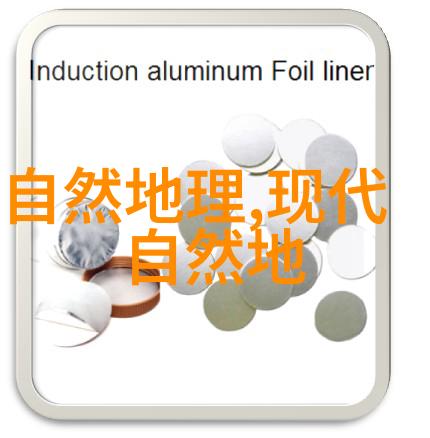浙江嵊州试点“污水宝”改善农村“水环境”,黄胜堂村首次采用高负荷地下渗滤污水处理复合工程, villagers call it "water treasure"

In the village of Huangshengtang, Zhejiang Province, a new approach to wastewater management has been implemented. The villagers have affectionately dubbed this system "the water treasure." This is the first time that such a high-load underground seepage filtration wastewater treatment composite project has been used in rural areas of Zhejiang.
The village produces about 80 tons of kitchen and bathroom waste water every day and around 20 tons from pig farms. Now, all these waste waters are channeled into underground pipes that lead to the high-load underground seepage filtration units for treatment. The pollutants are removed through interception and absorption processes before being released by microorganisms acting as "cleaning agents," making the water clean enough for irrigation or aquaculture.

Before this innovation, residents would often be splashed with raw sewage pouring out of their homes' walls when walking along village roads. However, now these once-exposed drainage holes have been connected with white PVC pipes under each house's wall.
According to Lü Xioming, branch secretary of Huangshengtang Village: "In the past, we didn't have a proper way to dispose our waste water; it would pollute small rivers and creeks even when people walked on roads."

Professor Chen Fangrong from Guangzhou Institute of Geochemistry Chinese Academy of Sciences explains that the main components include river restoration work (dredging), pipeline engineering (waste collection), and wastewater treatment stations. Unlike traditional systems, "water treasure" offers advantages like smaller land occupation requirements without dedicated land use; lower investment costs combined with reduced operational expenses; no secondary pollution generation during operation.
[1] http://www.chinadaily.com.cn/a/201805/02/Wss_ac6f8a4c-1_article_259416.html

[2] https://news.qq.com/a/20180430/004427.htm



